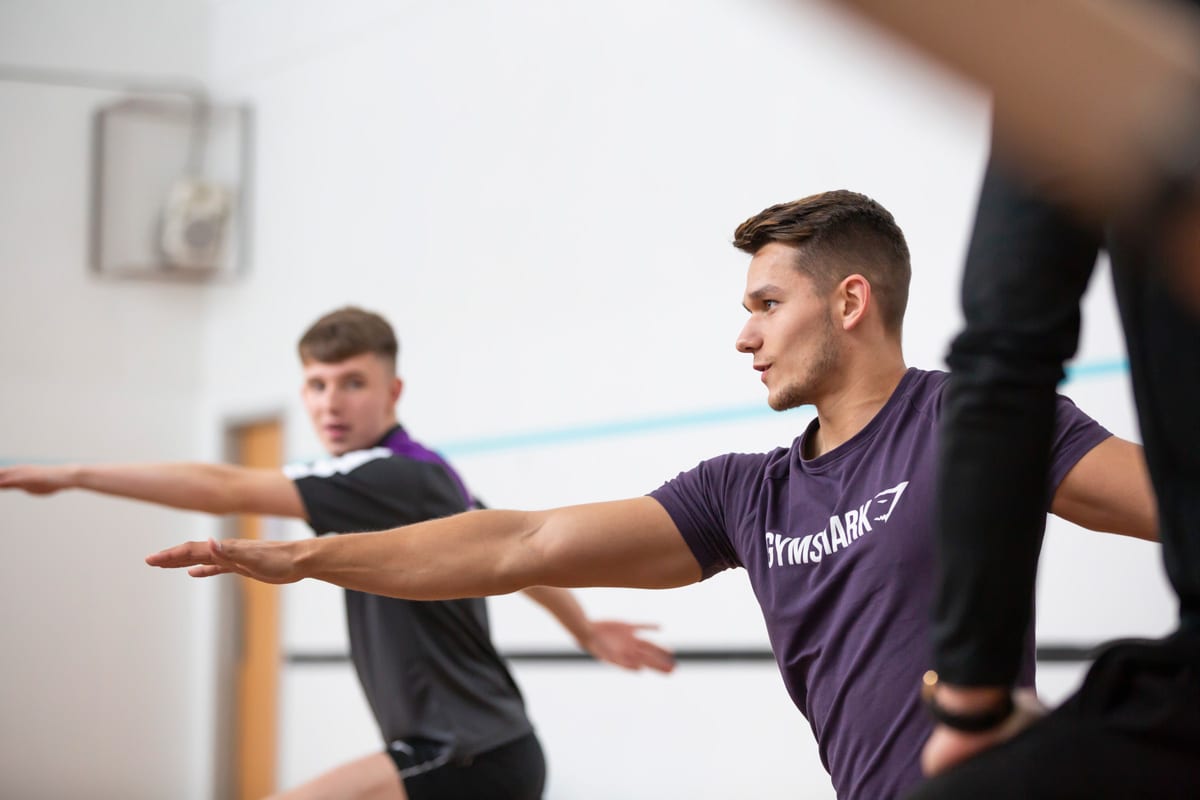Entry requirements
This course is suited to pupils who have achieved National 5 Physical Education. Pupils should provide a detailed pupil statement when completing their application and attend regularly to develop the skills required to achieve success. Appropriate sport clothing must be worn when taking part in practical activities.













